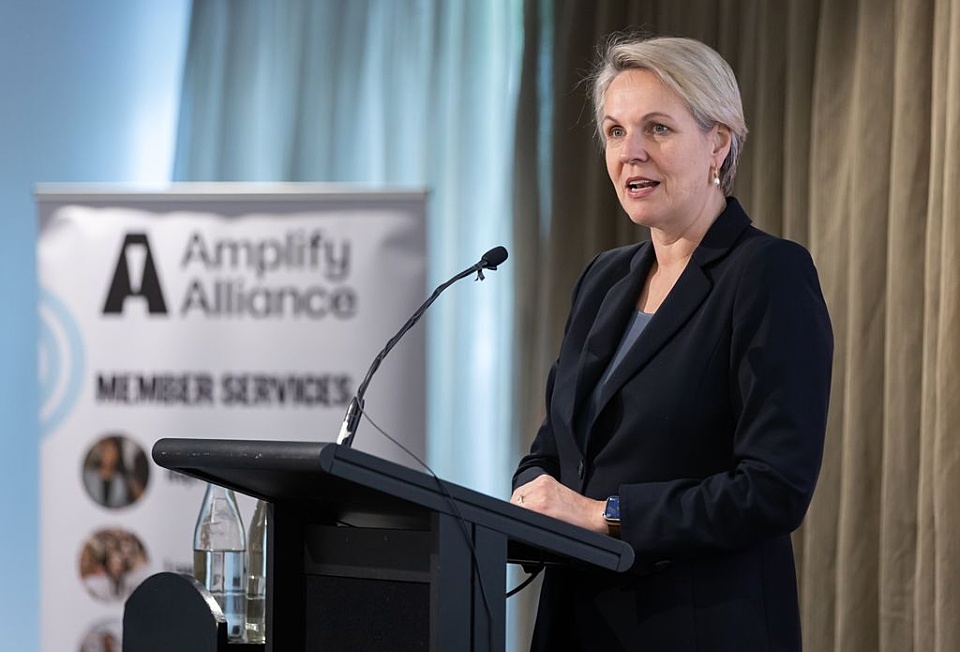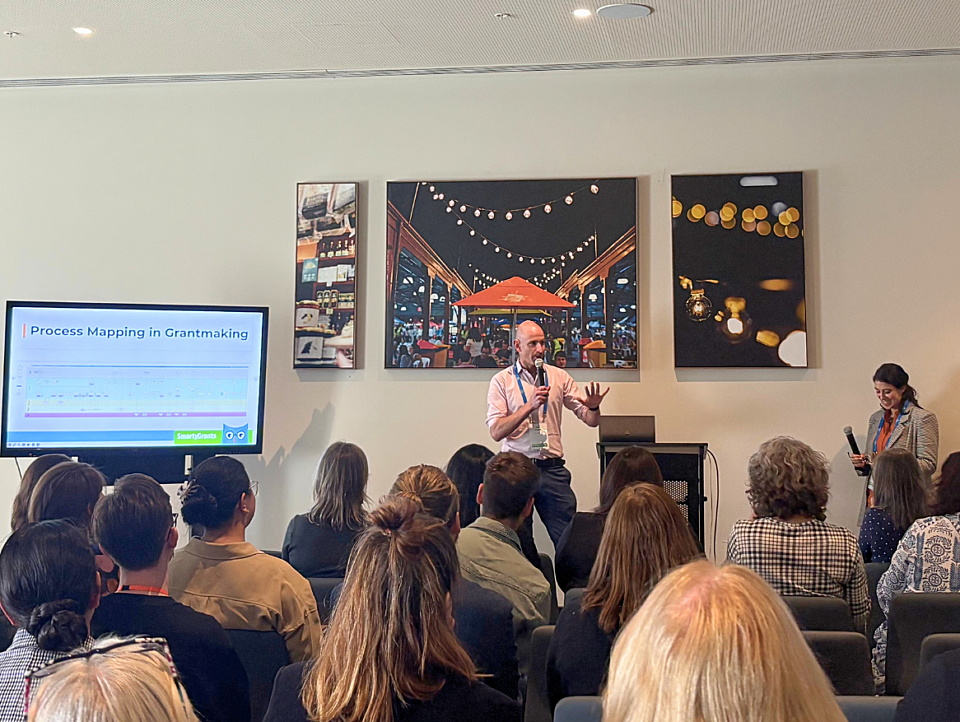
Feds flag human services grants shakeup
Posted on 15 Dec 2025
The federal government is trialling longer-term contracts for not-for-profits that deliver…
Posted on 06 Mar 2025
By Matthew Schulz, journalist, SmartyGrants

With a federal election around the corner, grant watchers will be keeping a close eye on potential pork barrelling, given the recent history of controversies and investigations.
In October 2024, in the wake of a spate of damning inquiries about past grants programs, the Australian government released sweeping changes to federal rules.
The new Commonwealth Grants Rules and Principles (CGRPs) set out the requirements for ethical and effective federal grantmaking, with a specific focus on ministers and other decision-makers.
Yet, with the ink still drying on those new rules, accusations have begun that the major parties are already butchering the hogs.
“In short, rorts scandals keep happening because governments believe that channelling money to marginal and government electorates will win them elections.”

The latest claim came from Opposition Leader Peter Dutton, who said there was "no question" the government was pork-barrelling to win votes in relation to Prime Minister Anthony Albanese’s promise to spend $650 million on creating urgent care clinics.
"There's no question that Labor's pork-barrelling. Have a look at the map as to where these clinics have gone," he said.
“We need more detail on the decision-making process that the government’s entered into, and we need to make sure that taxpayers’ money is being spent effectively.”
But Health Minister Mark Butler described Dutton’s claims as a “beat up”, explaining that many of the clinics were small facilities in the NT and ACT where the Coalition had no seats.
“If you strip aside those anomalies, about half of the clinics that have been selected by us, through our program, outside the territories are Labor-held seats, and half are non-Labor-held seats.”

Monash University’s Yee-Fui Ng, in a commentary on “grey corruption” published this month in The Conversation, argued that there remained “significant loopholes” in the new grant rules.
She cited the car park rorts, in which 77% of commuter car parks built as a result of a 2019 election promise were built in electorates then held by the Coalition.
She said those funds were not covered by Commonwealth rules, as the money was channelled through the states.
And she said that ministers and government officials did not face sanctions for breaches.
“To fix the system, we need to reform the rules about grants allocation and close the loopholes. We also need to impose punishment for breaching the rules,” she said.
Associate Professor Ng said that her research had shown that pork barrelling “is an intractable problem across multiple governments over many decades”. She said the same issue appeared in different forms depending on the electoral system, but that Australia’s single member parliamentary system made it more susceptible to pork barrelling than countries in which multiple members represented an electorate.
“In short, rorts scandals keep happening because governments believe that channelling money to marginal and government electorates will win them elections.”
Ng’s observations come at the end of the so-called “sports rorts” affair in 2019, in which then sports minister Bridget McKenzie distributed $100 million across 684 grants.
The federal grants watchdog, the Australian National Audit Office (ANAO), found that the sports rorts funds were “not informed by an appropriate assessment process and sound advice” and that the winning applications weren’t those considered to have the highest merit.
Earlier this year, former senator and “transparency warrior” Rex Patrick succeeded in obtaining a letter of advice from former attorney general Christian Porter about McKenzie’s authority in the matter.
According to a Guardian Australia report, the Freedom of Information request took five years, cost the government $400,000 in legal fees and passed through the hands of four attorneys-general.

In short, the letter (which can be seen here) states that McKenzie did have the authority to administer the funds, but Patrick told the Guardian: “The whole saga has been an improper assault on government transparency and accountability, and a disgraceful waste of taxpayers’ money.”
Constitutional law expert Anne Twomey, who earlier this year examined the legal implications of the case in an extended video commentary, suggested the problem was one in which ministers believed they could act without legal limits, and where public servants were silenced.
“The principle of the rule of law which underlies the Constitution is that everyone must obey the law including ministers.”
“This whole sorry saga comes down to a political culture where ministers believe that they should have the power to do whatever they want and any public servant who tells them otherwise is regarded as obstructionist and removed.”

Posted on 15 Dec 2025
The federal government is trialling longer-term contracts for not-for-profits that deliver…

Posted on 15 Dec 2025
A Queensland audit has made a string of critical findings about the handling of grants in a $330…

Posted on 15 Dec 2025
The federal government’s recent reforms to the Commonwealth procurement rules (CPRs) mark a pivotal…

Posted on 15 Dec 2025
With billions of dollars at stake – including vast sums being allocated by governments –grantmakers…

Posted on 15 Dec 2025
Nearly 100 grantmakers converged on Melbourne recently to address the big issues facing the…

Posted on 10 Dec 2025
Just one-in-four not-for-profits feels financially sustainable, according to a new survey by the…

Posted on 10 Dec 2025
The Foundation for Rural & Regional Renewal (FRRR) has released a new free data tool to offer…

Posted on 10 Dec 2025
A major new report says a cohesive, national, all-governments strategy is required to ensure better…

Posted on 08 Dec 2025
A pioneering welfare effort that helps solo mums into self-employment, a First Nations-led impact…

Posted on 24 Nov 2025
The deployment of third-party grant assessors can reduce the risks to funders of corruption,…

Posted on 21 Oct 2025
An artificial intelligence tool to help not-for-profits and charities craft stronger grant…

Posted on 21 Oct 2025
Artificial intelligence (AI) is becoming an essential tool for not-for-profits seeking to win…